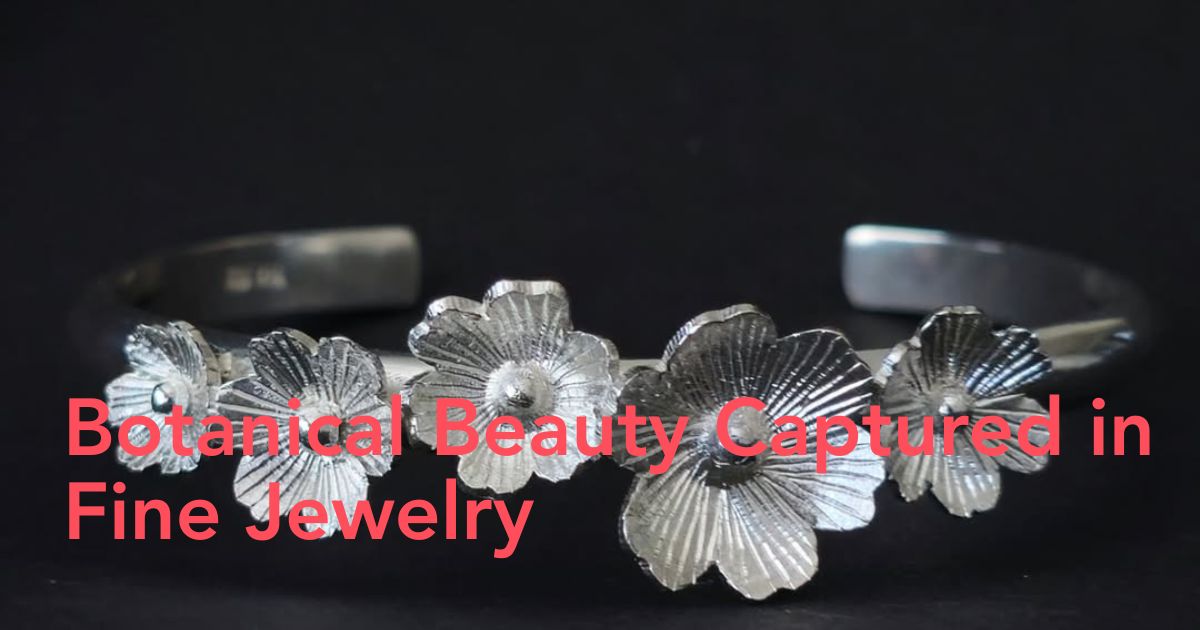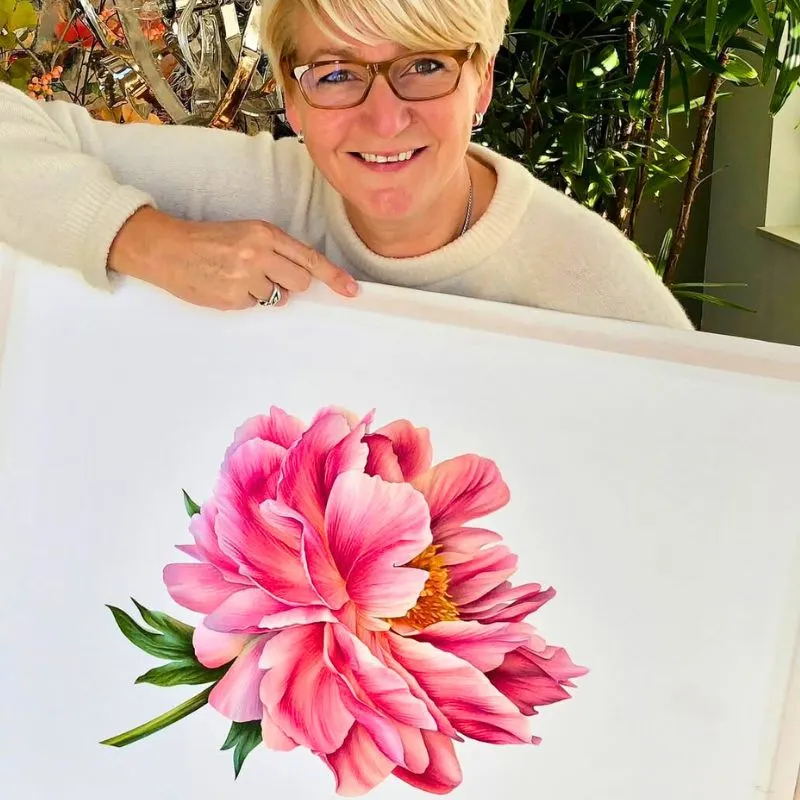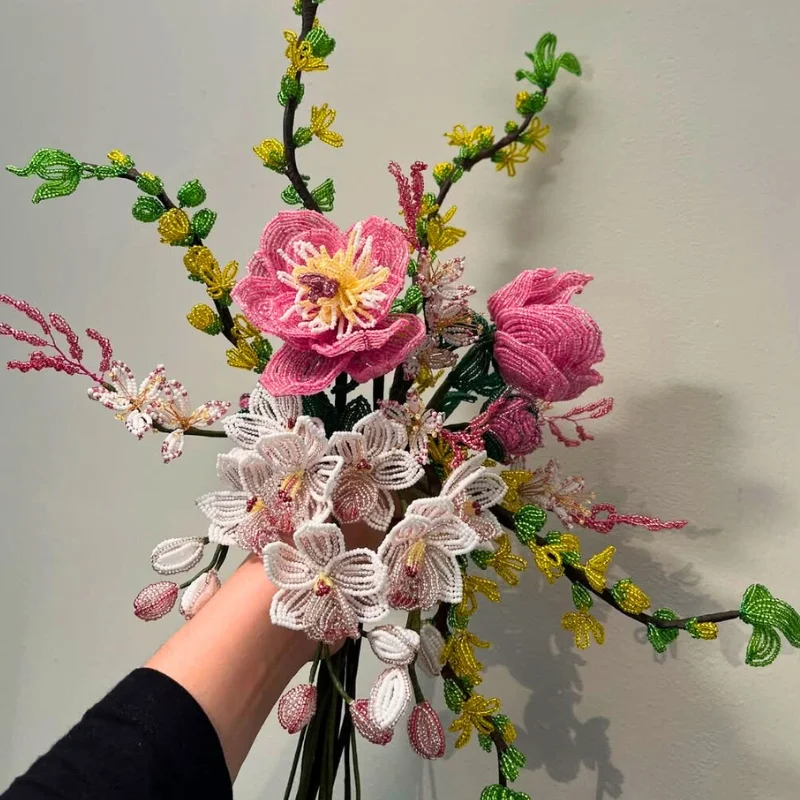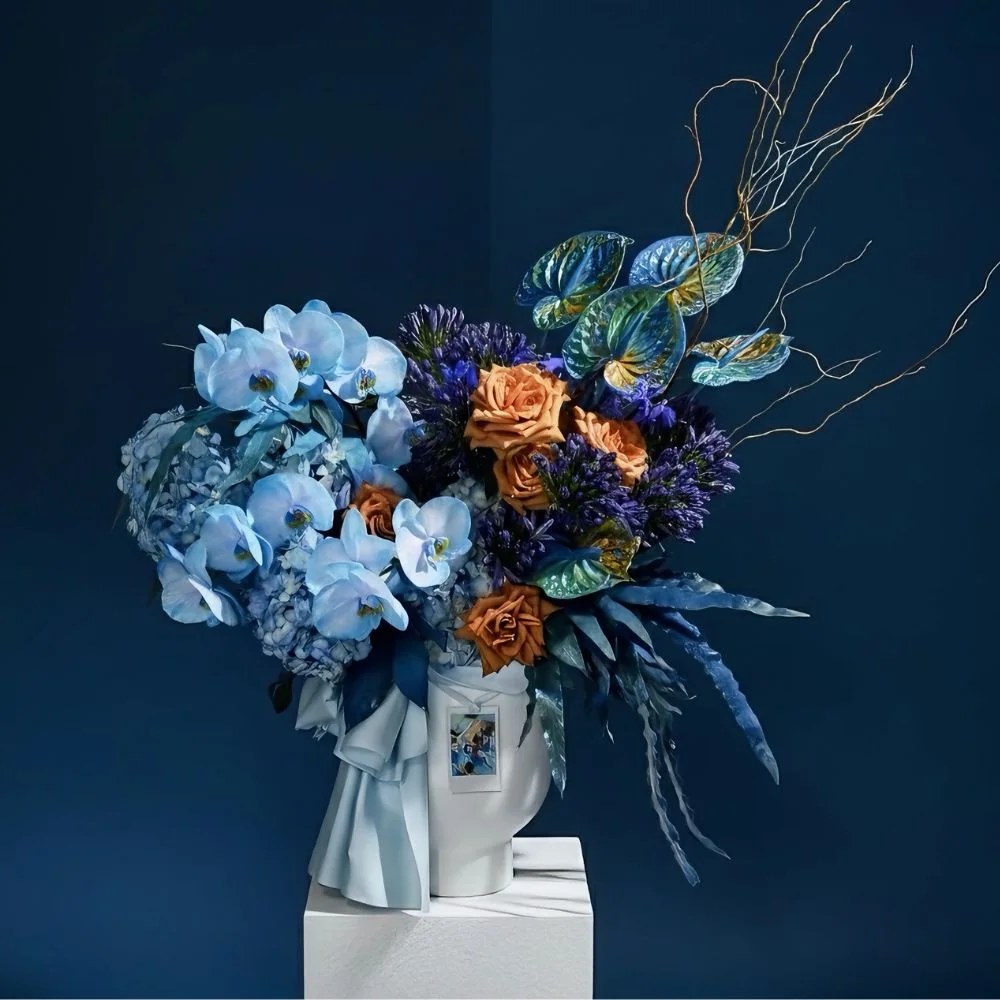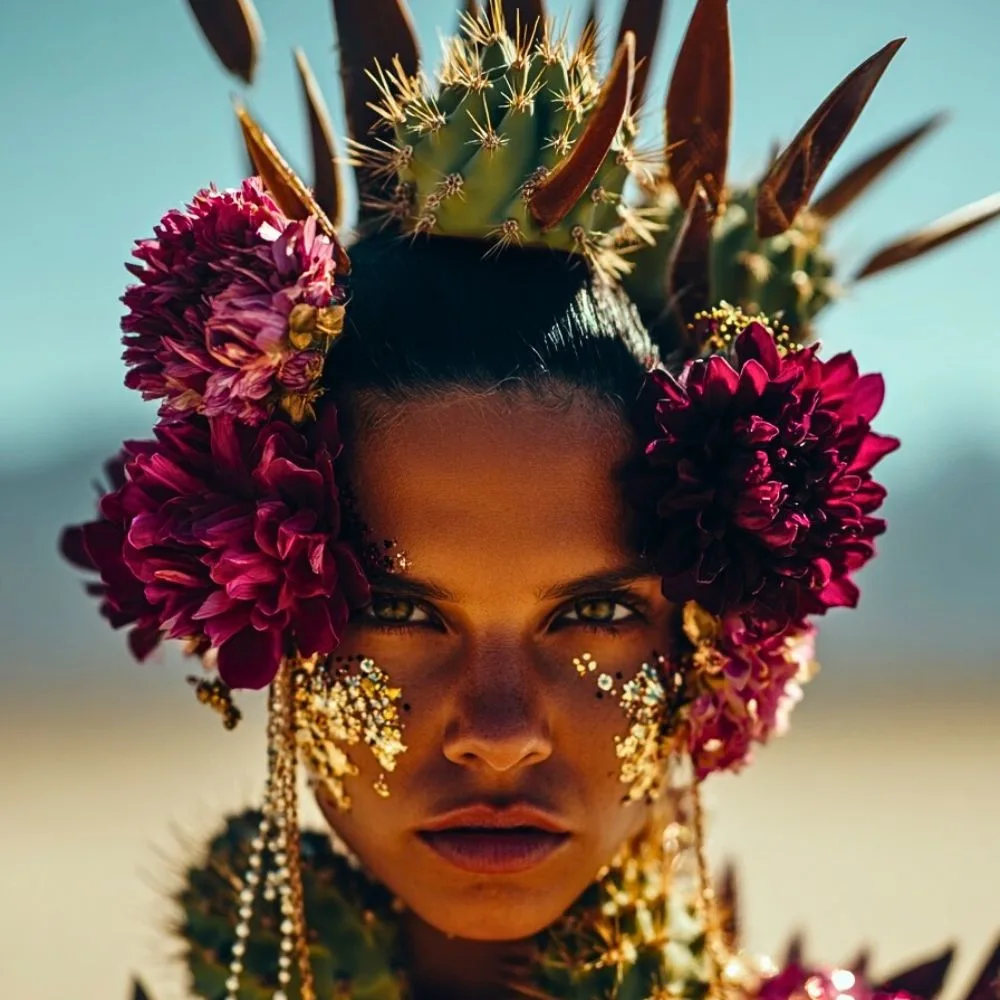Since the dawn of civilization, humanity has turned to nature for inspiration, its symmetry, rhythm, and quiet resilience echoing through art, architecture, and adornment. Nowhere is this more evident than in jewelry, where the delicate curve of a petal, the intricate veins of a leaf, or the gentle unfurling of a vine become eternal in precious metal.
From delicate petals to golden leaves, the harmony between nature and design is beautifully reflected in fine gold necklaces, which often draw inspiration from the organic elegance of flowers and plants. These pieces do more than decorate; they connect the wearer to the serenity and symbolism of the natural world. This article explores how botanical motifs shape timeless jewelry design, the artistry behind their creation, and why these pieces resonate so deeply in modern style.
You can find more knowledge here: Blooming Beyond the Gardens: Telling Floral Tales in the Visual Era

The Natural World as an Endless Muse
Nature has been jewelry’s most enduring muse for millennia. Ancient Egyptians adorned themselves with lotus and papyrus motifs, symbols of rebirth and the life-giving Nile. Victorian jewelers wove ivy and forget-me-nots into lockets to convey messages of fidelity and remembrance. In Art Nouveau, designers like René Lalique captured the sinuous lines of orchids, dragonflies, and willow branches in gold and enamel, celebrating nature’s fluidity over industrial rigidity.
Each botanical element carries meaning:
- Roses signify passionate love and timeless beauty
- Ivy represents loyalty, endurance, and eternal connection
- Lilies embody purity, grace, and spiritual renewal
- Olive branches speak of peace and resilience
Today’s designers honor this legacy while embracing contemporary aesthetics. Instead of literal reproductions, they distill nature into abstract curves, minimalist silhouettes, and subtle textures, a single gold leaf pendant, a chain mimicking morning dew on a vine, or a pendant shaped like a magnolia bud. The result is jewelry that feels both ancient and utterly modern.

The Art of Crafting Organic Elegance
Translating the softness of a blossom or the resilience of a stem into solid gold requires exceptional skill. Artisans use techniques like hand-engraving, lost-wax casting, and hammer texturing to replicate the irregular perfection of nature—never too symmetrical, always alive with movement.
Gold, with its warm luster and malleability, is uniquely suited to this task. Designers manipulate its surface to catch light like the sun on a petal’s edge or mimic the matte softness of a dried seedpod. Some pieces feature oxidized accents to highlight the depth of leaf veins; others use hand-hammered finishes to evoke the gentle ripple of water over river stones. Even the clasp might be shaped like a tiny acorn or feather—a hidden detail known only to the wearer.
This craftsmanship ensures that each necklace isn’t just an accessory, but a wearable sculpture, a tribute to the quiet artistry of the natural world.

Styling With Nature-Inspired Jewelry
Nature-inspired fine gold necklaces thrive in understated, intentional wardrobes. They pair effortlessly with natural fabrics like linen, cotton, and silk, and harmonize with earthy palettes, ivory, sage, terracotta, and soft ochre. A simple gold vine pendant elevates a white blouse, while a trio of leaf-shaped charms layered on delicate chains adds quiet richness to a neutral knit.
For everyday elegance, choose lightweight, minimalist designs that feel like a second skin. A single dewdrop pendant or a curved branch silhouette offers subtle luxury without ostentation. To amplify the organic theme, layer pieces of varying lengths. Imagine a short ivy-motif choker paired with a longer chain ending in a solitary golden leaf, echoing the way vines and branches coexist in a forest.
Crucially, these pieces are designed for real life, durable enough for daily wear, yet refined enough for special moments. They don’t shout; they whisper.
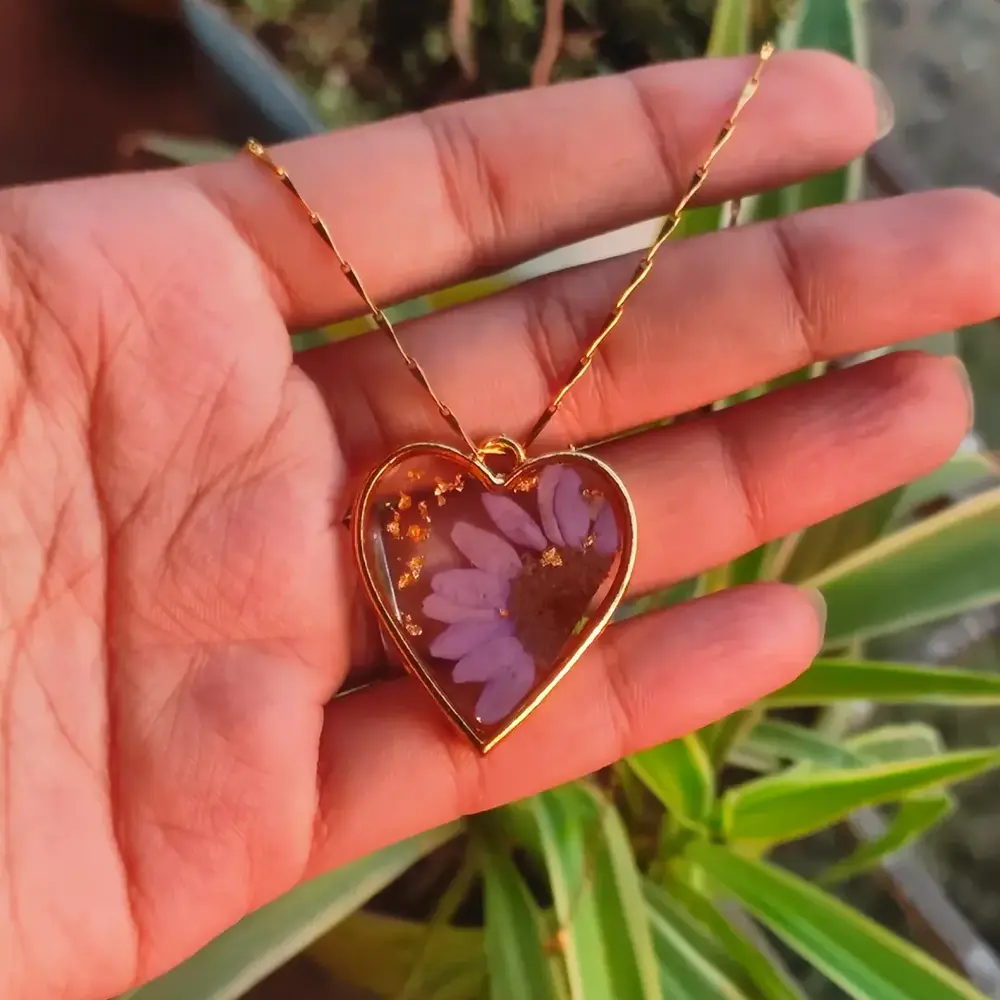
The Meaning Behind Nature-Inspired Adornments
In an age of digital overload and urban rush, wearing jewelry inspired by nature can be a quiet act of grounding and mindfulness. A leaf pendant becomes a reminder to grow toward the light; a flower bud, a symbol of potential and renewal. For many, these pieces offer emotional anchoring—especially during transitions, healing, or moments of reflection.
This symbolism resonates deeply with those seeking balance, authenticity, and connection—not just to style, but to something larger than themselves. A gold necklace shaped like an olive branch isn’t just beautiful; it’s a personal emblem of peace. A rose-gold petal pendant may honor a loved one, a garden memory, or a commitment to tenderness in a harsh world.
In this way, nature-inspired jewelry transcends ornamentation. It becomes a talisman, a daily touchstone of values and inner calm.

From Ancient Amulets to Contemporary Heirlooms
From ancient amulets to contemporary heirlooms, the dialogue between nature and jewelry endures because it speaks to something essential in us: our longing for beauty that feels alive, meaningful, and true. Fine gold necklaces inspired by flowers, leaves, and vines carry this legacy forward—not as replicas, but as poetic interpretations that honor the organic world’s grace and resilience.
In every finely crafted gold piece lies a whisper of the natural world—a reminder that elegance often begins in nature itself.

